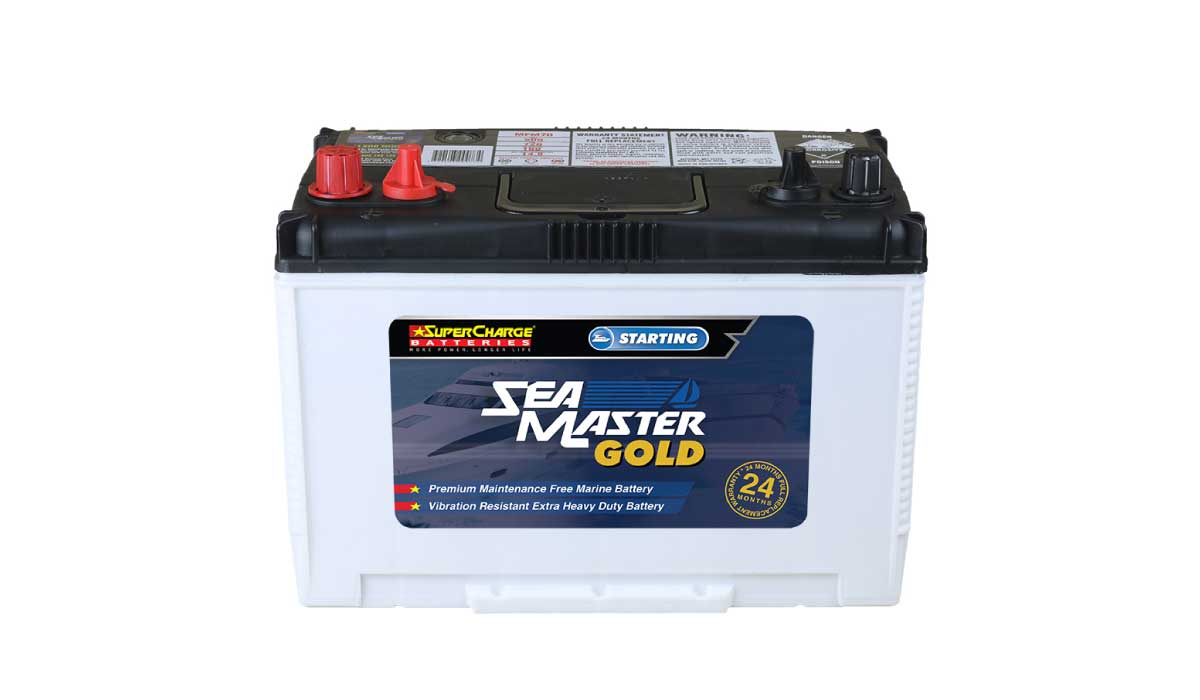Lithium batteries are an innovative alternative to traditional lead-acid or other deep cycle batteries that have traditionally been used in boats. These batteries are gaining in popularity because they last longer, charge faster, and take up less space than their predecessors. However, before you run out and buy one of these new innovations, there are a few things you should consider first to make sure you get the right lithium deep cycle battery for you.
Size and Weight:
The size and weight of a deep cycle battery is very important when deciding on a battery for your boat. You will want one that will fit in your storage space as well as having enough energy capacity to give you time on your watercraft. The final decision can only be made by weighing all factors. And if it isn’t powerful enough to perform all your tasks, it won’t work either. It is worth spending extra money and getting one with plenty of extra power so you don’t need another later down the road.
Battery Capacity:
The capacity of your battery determines how much power it can store, measured in amp-hours. The more amp-hours your battery has, then the longer you’ll be able to run things like household appliances, televisions and radios, or even an engine. You will find a range of marine deep cycle batteries with different capacities/amp-hours. If you want to use something that needs substantial energy, go for a deep cycle battery with a higher capacity.
Cold Cranking Amps (CCA) Rating:
The CCA rating of your deep cycle battery tells you what its ability is to start motors in cold temperatures. You’ll want to consider buying one with a high CCA rating if you’re planning on using it in colder weather. Otherwise, you may find yourself having to replace your battery more often than you’d like.
Batteries with a CCA rating close to 800 are considered good cold-cranking amps. Such batteries should be perfect for typical uses on boats and other watercrafts. Batteries that have ratings lower than 200 are not recommended for use as marine batteries due to their tendency not to hold up well in extreme conditions.
Lifespan:
The lifespan of deep cycle batteries depends on how you’re using it. Batteries used for car applications generally don’t last as long as deep cycle batteries designed for marine use. In other words, if you plan on using your battery frequently and are relying on it for regular transportation, consider investing in a higher-quality model. When you take good care of it and charge it regularly, it can last for as long as six years.
A quality lithium deep cycle battery will last longer than most other types of batteries, and your purchase will be well worth it if you select the right model to suit your needs. Remember the aspects mentioned above when you shop for a new deep cycle battery.






